Business
South African Airways further strengthens its West African network, introduces Abuja

Second entry point in Nigeria offers business travellers more options
JOHANNESBURG. 14 October 2015. South African Airways (SAA), the leading carrier in the Sub-Saharan Africa region, has introduced a second entry point to Nigeria in its quest to enable trade and unlock mobility, which will considerably add to business travel options in the West African region.
Adding a second gateway in Nigeria to SAA’s existing daily service to Lagosmaterially strengthens SAA’s position in West Africa where it plays a significant role in enabling the movement of goods and people between Southern Africa and West Africa thereby enhancing the growing trade and cultural exchanges between these two regions.
The addition of Abuja to SAA’s network follows closely on the successful introduction of the Accra, Ghana to Washington Dulles, USA route, as a West African platform in August 2015. SAA launched flights between Accra, Ghana and Washington DC in North America, in cooperation with Africa World Airways. The introduction of the Accra to Washington route has seen a steady growth in the number of passengers using this route and has performed in line with expectations. This has provided SAA with the confidence to invest further and enhance its footprint in West Africa.
“A second entry point in Nigeria forms part of our Long-Term Turnaround Strategy, which identified growth on the African continent as one of its key objectives. Nigeria is one of the fastest growing air travel markets in Sub-Saharan Africa and will be well served with our additional services to Abuja.
“Introducing Abuja as a second entry point in Nigeria will add more travel options, especially for the business community, and will enhance our footprint on the continent,” says Sylvain Bosc, SAA Chief Commercial Officer.
“Enhancing air travel links with Nigeria speaks to the growth in bilateral relations between South Africa and Nigeria. The two countries historically have had strong economic, diplomatic, social and fraternal ties. These are the two economic powerhouses of Africa, with much more to offer and share,” says Aaron Munetsi, SAA Regional General Manager for Africa.
Abuja flights have been scheduled for seamless connectivity into SAA’s inter-continental route network to destinations such as Perth, Hong Kong and Sao Paulo. These connections will make it easy for regional traders, leisure travellers, travellers visiting friends and relatives, diplomatic communities, and international organisations from the northern and central parts of Nigeria to seamlessly connect through O.R Tambo International airport onwards to the airline’s inter-continental and regional route network.
Abuja, built in the 1980s, became Nigeria’s capital in December 1991, and is known for being one of the few purpose-built capital cities in Africa. Located in the centre of Nigeria, within the Federal Capital Territory (FCT), it is the Nigerian seat of government where the Presidency, National Assembly, Supreme Court, and Embassies of most countries are situated. A business city housing many government employees, Abuja has also become popular for the serene and beautiful landscape it offers.
With Abuja, SAA will be serving eleven destinations in Central and West Africa, with flights from its Johannesburg hub to Lagos (Nigeria); Abidjan (Ivory Coast); Cotonou (Benin); Accra (Ghana); Douala (Cameroon), Dakar (Senegal), Libreville (Gabon), Kinshasa (DRC), Pointe Noire and Brazzaville (Republic of the Congo).
already forming part of the extensive regional route network.
The three weekly flights will operate non-stop between Johannesburg and the Nnamdi Azikiwe International Airport inAbuja aboard modern Airbus 330-200s, offering SAA Business class comfort and luxury, with the latest in In-flight entertainment.
The first flight is scheduled to depart O.R Tambo International Airport on 26 January 2016. Flights are open for sale on all SAA’s distribution channels.
Abuja flight schedule:
|
|
|
|
|
|
Flight |
Days of the week |
Depart Johannesburg |
Arrive Abuja |
|
SA088 |
Tuesdays, Fridays, and Sundays |
23h00 |
04h10 the following day |
|
|
|
Depart Abuja |
Arrive Johannesburg |
|
SA089 |
Mondays, Wednesdays and Saturdays |
08h45 |
15h40 |
Business
Renewed Hope Ambassadors Inspect RHA Secretariat
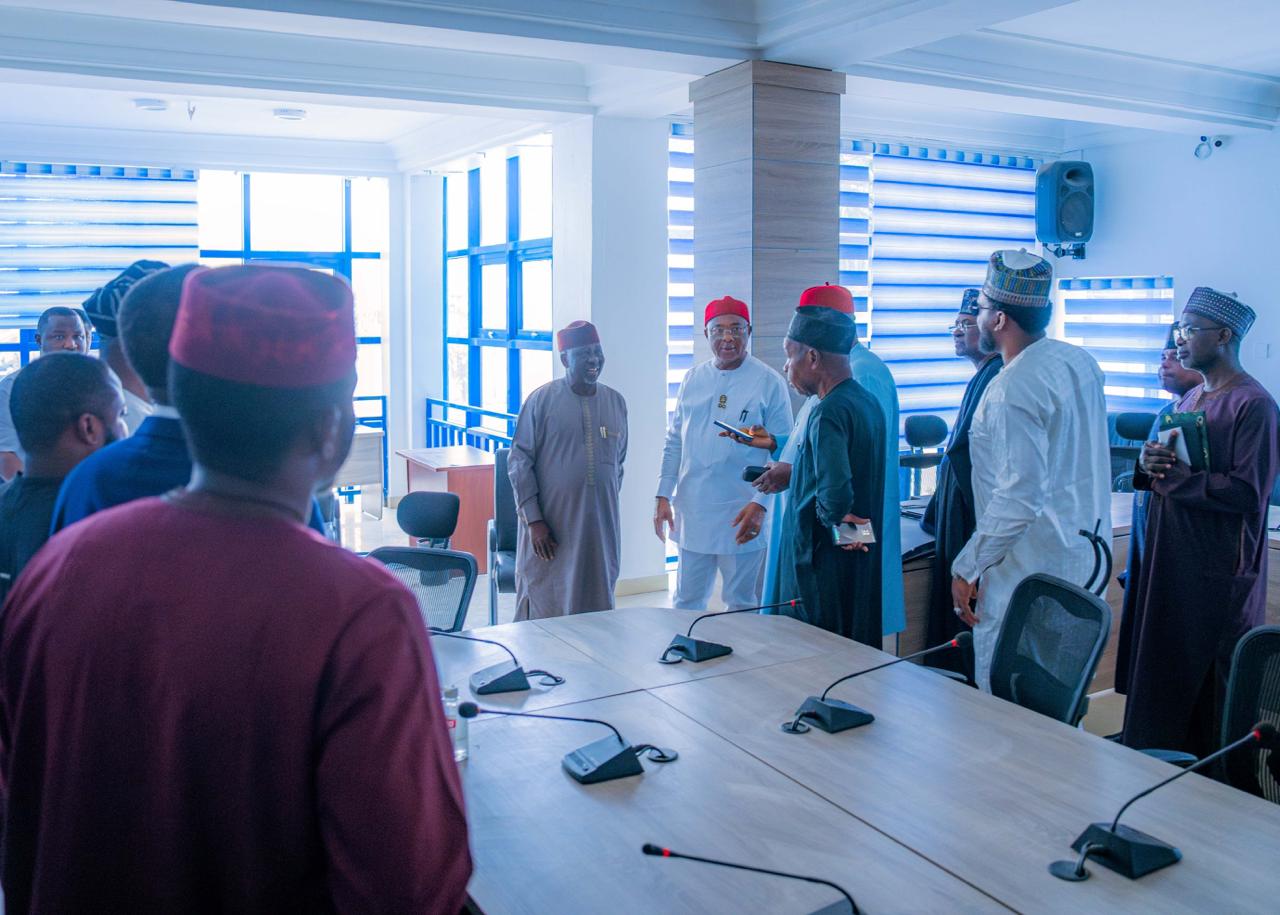
Renewed Hope Ambassadors Inspect RHA Secretariat
Renewed Hope Ambassadors, led by its Director-General and the Governor of Imo State, Hope Uzodinma, alongside Zonal Coordinators (NW, NC, SE), the Media & Publicity Directorate, and other key stakeholders, inspected the RHA Secretariat two days after President Bola Tinubu unveiled the Renewed Hope Ambassadors grassroots engagement drive in Abuja.
Business
Harmony Gardens’ Ibeju-Lekki Portfolio Crosses $1bn

Harmony Gardens’ Ibeju-Lekki Portfolio Crosses $1bn
Harmony Garden & Estate Development Limited has expanded its development activities across Ibeju-Lekki, pushing the projected long-term value of its estate portfolio beyond $1 billion.
Led by Chief Executive Officer Hon. Dr. Audullahi Saheed Mosadoluwa, popularly know Saheed Ibile, the company is developing seven estates within the Lekki–Ibeju corridor. Details available on Harmony Garden & Estate Development show a portfolio spanning land assets and ongoing residential construction across key growth locations.
A major component is Lekki Aviation Town, where urban living meets neighborhood charm, located near the proposed Lekki International Airport and valued internally at over $250 million. The development forms part of the company’s broader phased expansion strategy within the axis.
Other estates in the corridor tagged as the “Citadel of Joy” (Ogba-idunnu) include Granville Estate, Majestic Bay Estate, The Parliament Phase I & II, and Harmony Casa Phase I & II.
With multiple projects active, the rollout of the Ibile Traditional Mortgage System, and structured expansion underway, Harmony Garden & Estate Development Ltd continues to deepen its presence within the fast-growing Ibeju-Lekki real estate market.
Business
BUA Group Showcases Food Manufacturing Strength at 62nd Paris International Agricultural Show

BUA Group Showcases Food Manufacturing Strength at 62nd Paris International Agricultural Show
BUA Group, one of Africa’s leading diversified conglomerates, is maintaining a strong presence at the ongoing 62nd edition of the Paris International Agricultural Show in France, participating as a premium sponsor and supporting the Nigeria Pavilion at one of the world’s most respected agricultural gatherings.
The 62nd Paris International Agricultural Show, taking place from February 21 to March 1, 2026, at Porte de Versailles in Paris, convenes global leaders across farming, agro processing, technology, finance, and policy. The event serves as a strategic platform for industry engagement, knowledge exchange, and commercial partnerships shaping the future of global food systems.
BUA Group’s participation reflects its long term commitment to strengthening the entire food production value chain. Through sustained investments in large scale processing, value addition, and branded consumer products, the Group continues to reinforce its role in advancing food security, industrial growth, and regional trade integration.
Speaking on the Group’s participation, the Executive Chairman of BUA Group, Abdul Samad Rabiu CFR, said, “BUA’s presence at the Paris International Agricultural Show reflects our belief that Africa must be an active participant in shaping the future of global food systems. We have invested significantly in local production capacity because we understand that food security, industrial growth, and economic resilience are interconnected. Platforms like this allow us to build partnerships that strengthen Nigeria’s competitiveness and expand our reach beyond our borders.”
BUA Foods, a subsidiary of BUA Group, maintains a strong footprint in flour, pasta, spaghetti, sugar, and rice production, serving millions of consumers within Nigeria and across neighbouring African markets. The Managing Director of BUA Foods, Engr. Abioye Ayodele, representing the Executive Chairman, is attending the event at the Nigeria Pavilion, engaging industry stakeholders and showcasing the company’s manufacturing capabilities.
Also speaking at the show, Engr. Ayodele stated, “BUA Foods has built scale across key staple categories that are central to household consumption. Our participation at this Show allows us to demonstrate the quality, consistency, and operational strength behind our products. We are also engaging global stakeholders with a clear message that Nigerian manufacturing can meet international standards while serving both domestic and regional markets efficiently.”
The Show provides BUA Group with an opportunity to deepen trade relationships, explore new export pathways, and reinforce Nigeria’s growing relevance within the global agricultural and food ecosystem.
BUA Group remains focused on building enduring institutions, expanding productive capacity, and positioning African enterprise competitively within global markets.
-

 celebrity radar - gossips6 months ago
celebrity radar - gossips6 months agoWhy Babangida’s Hilltop Home Became Nigeria’s Political “Mecca”
-

 society5 months ago
society5 months agoReligion: Africa’s Oldest Weapon of Enslavement and the Forgotten Truth
-

 society6 months ago
society6 months agoPower is a Loan, Not a Possession: The Sacred Duty of Planting People
-

 news7 months ago
news7 months agoTHE APPOINTMENT OF WASIU AYINDE BY THE FEDERAL GOVERNMENT AS AN AMBASSADOR SOUNDS EMBARRASSING










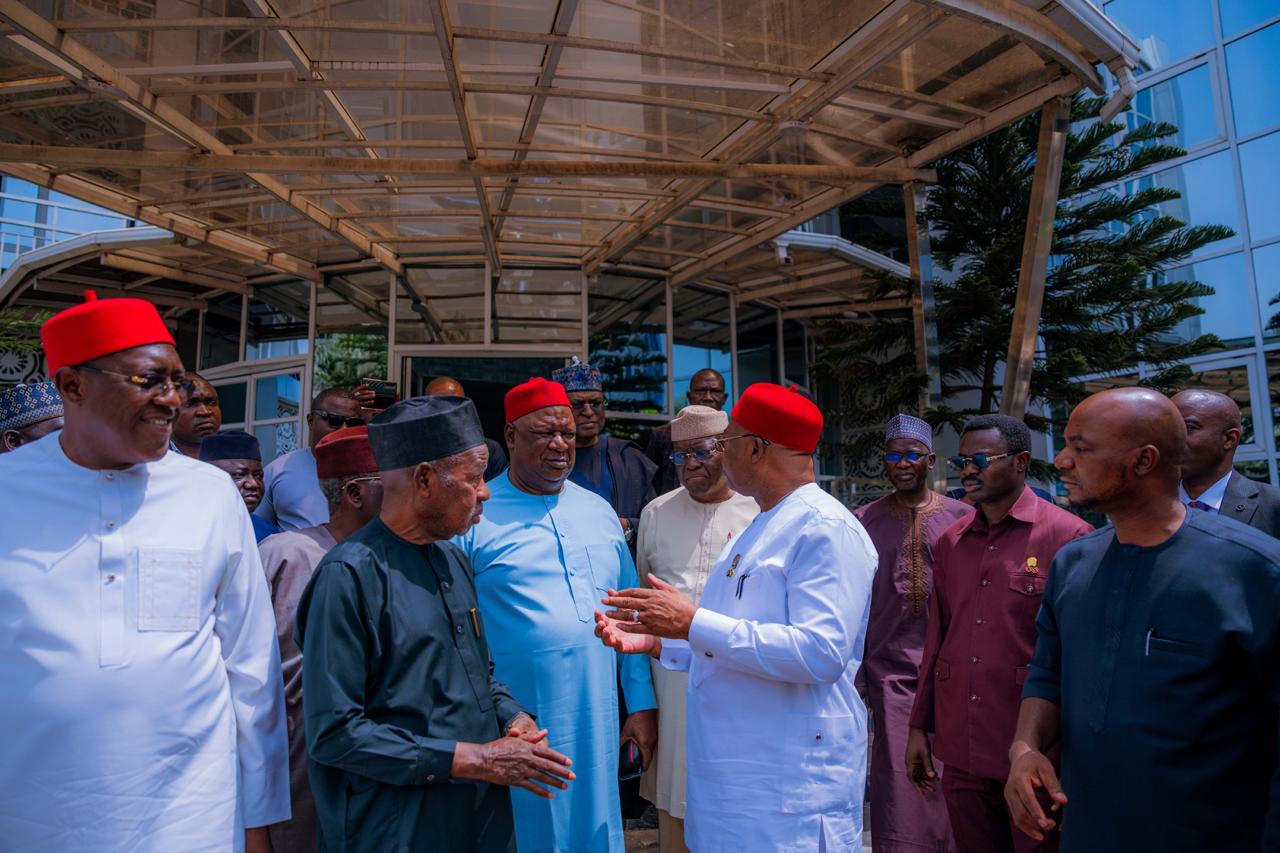
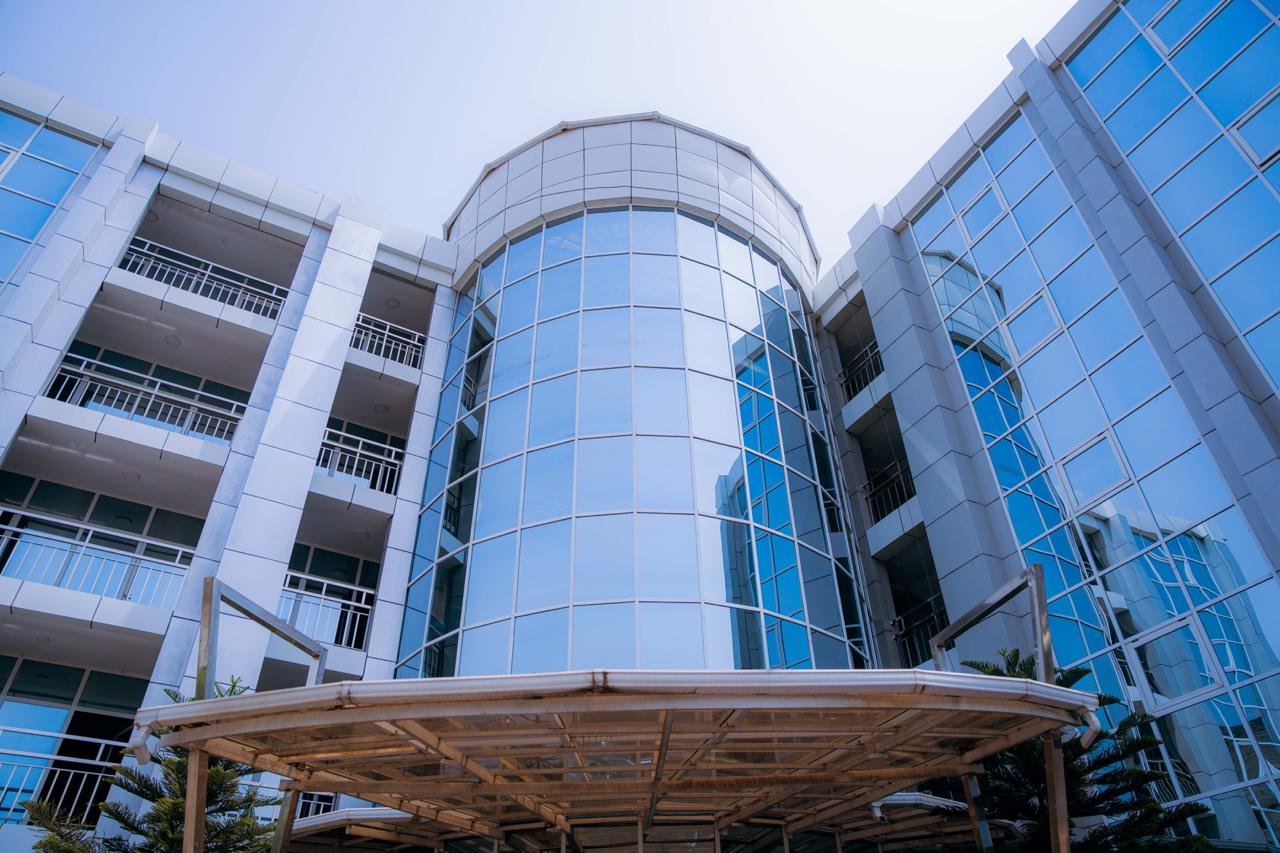
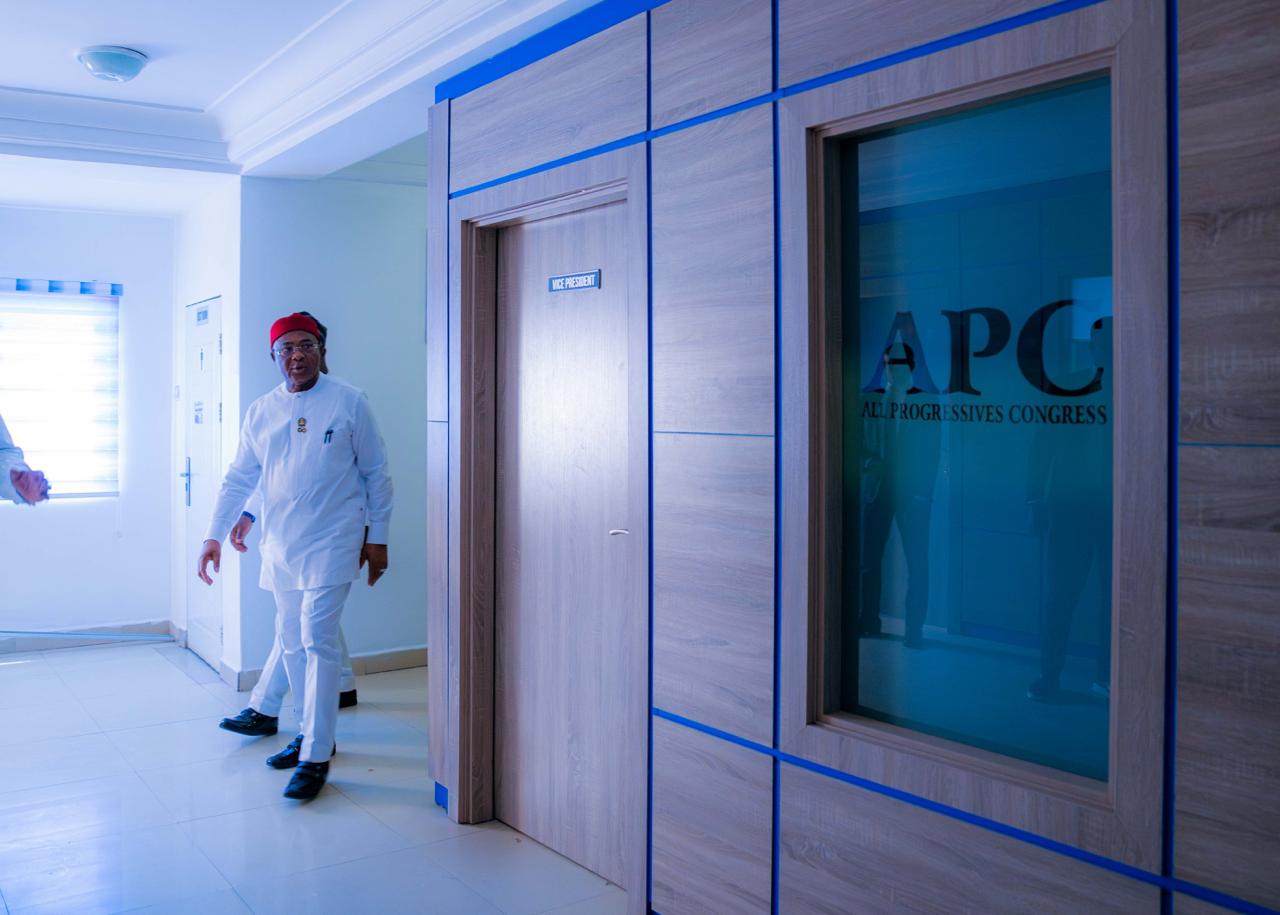
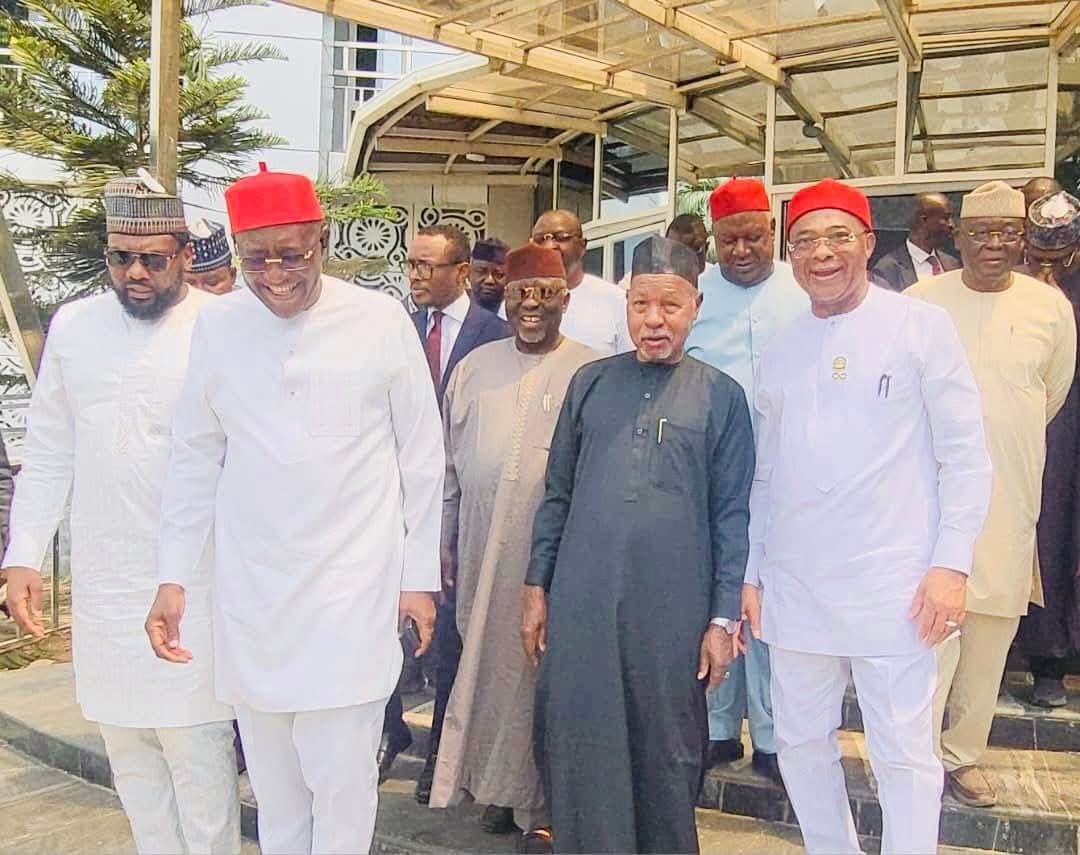
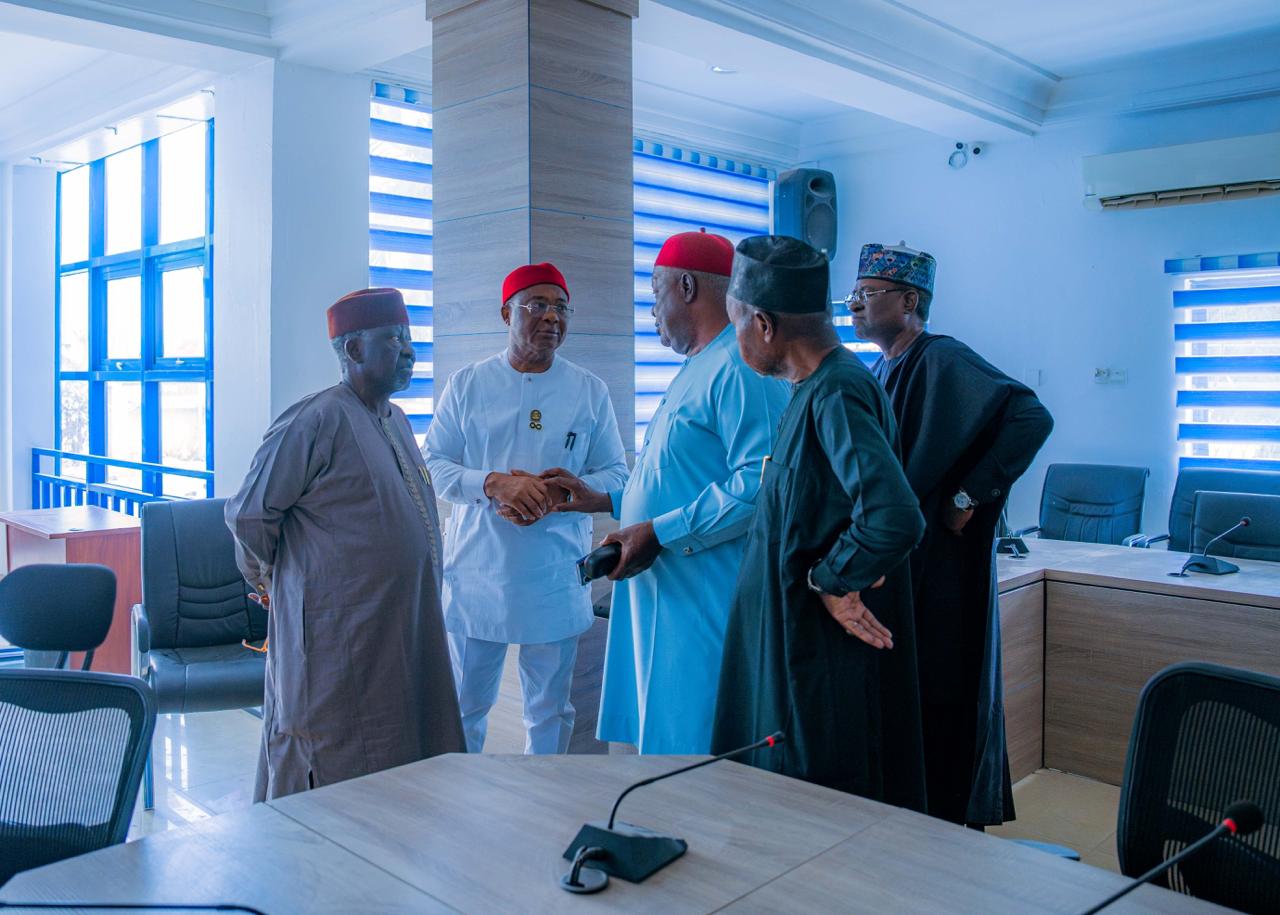
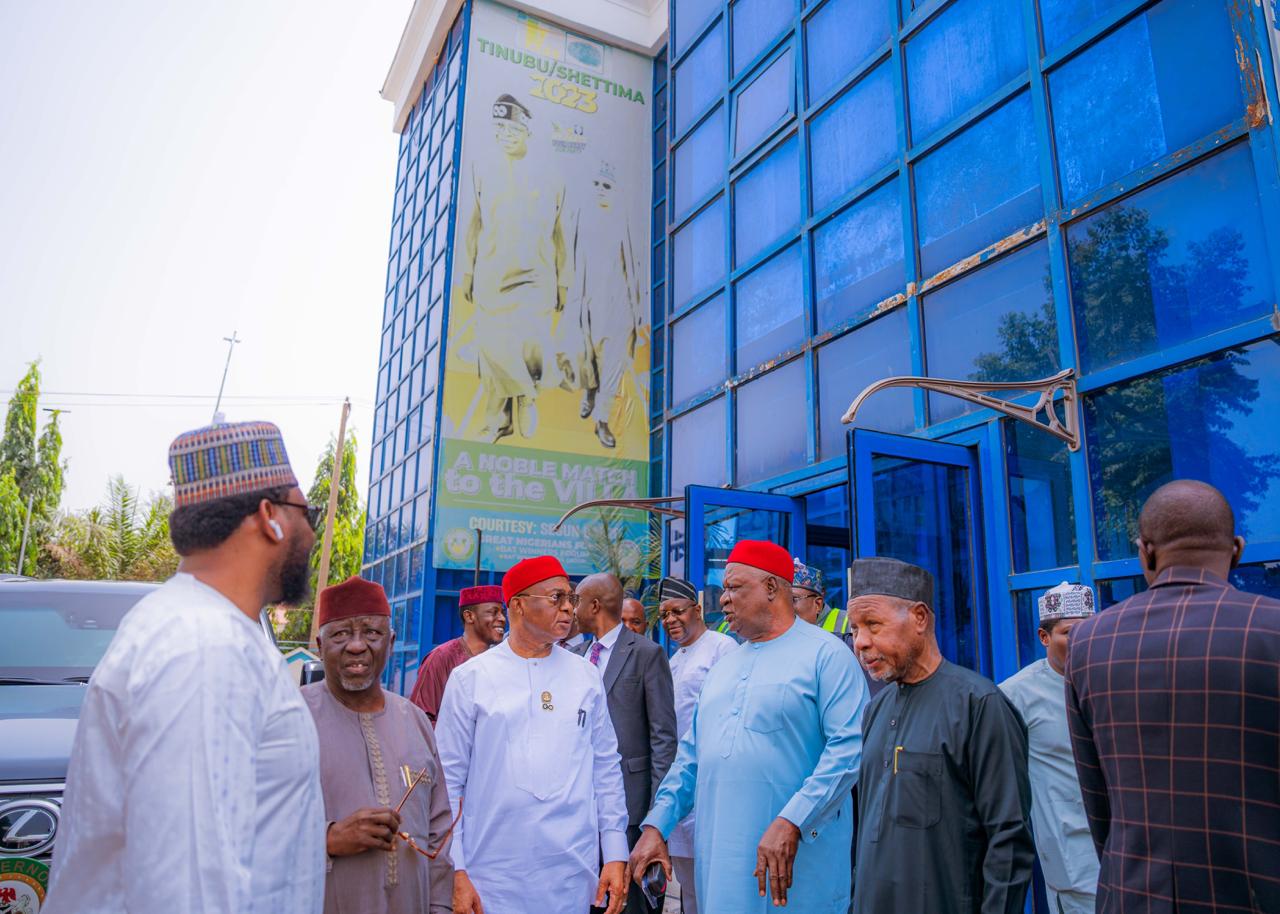

You must be logged in to post a comment Login